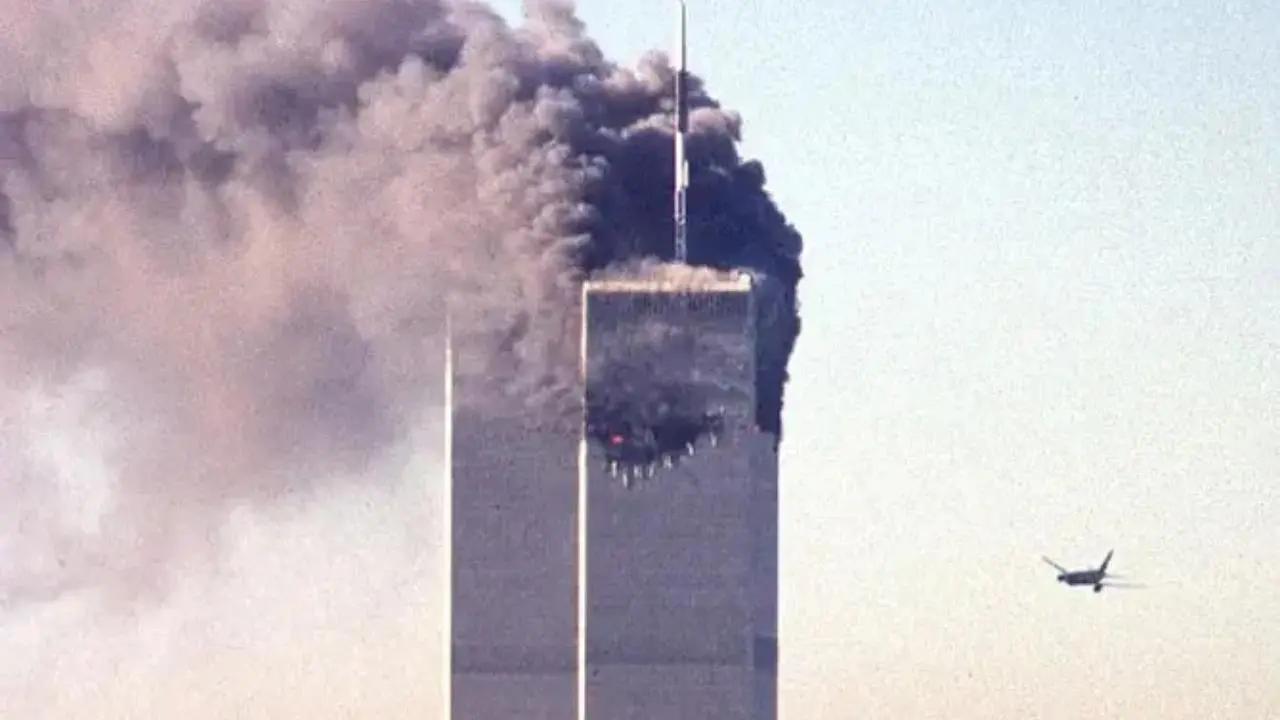As we commemorate the 9/11 Remembrance Day, a look at how the attacks marked a pivotal moment in global politics and diplomacy, and reshaped international relations by transforming the global landscape in profound ways

File pic
As we commemorate the 9/11 Remembrance Day, a look at how the attacks marked a pivotal moment in global politics and diplomacy, and reshaped international relations by transforming the global landscape in profound ways. The catastrophic events of September 11, 2001, prompted an immediate and intense international response, redefining international relations and the concept of war itself.
ADVERTISEMENT
On the 9/11 Remembrance Day, let's take a look at the some of the most significant shifts in global politics.
One of the major impacts was the global war on terrorism, led by the United States (US). In the wake of 9/11, the US launched military interventions in Afghanistan and Iraq to dismantle terrorist networks such as Al-Qaeda and prevent the proliferation of weapons of mass destruction. These actions not only led to prolonged military engagements but also shaped the discourse around regime change, altering the traditional rules of engagement in global conflict.
The unified military response by the US and its allies: United Kingdom, Germany, and Canada led to a new era in world politics as they committed their military troops to US-led efforts in Afghanistan. However, the subsequent invasion of Iraq in 2003 would later lead to several questions, even among allies, over the actions by the US. India did not participate in the war in Iraq and maintained its policy of non-alignment.
The attacks led to the creation of multilateral efforts to combat terrorism. The United Nations established various counterterrorism measures, such as the Counter-Terrorism Committee, and passed several resolutions to curb terrorism financing and recruitment. Simultaneously, countries around the world implemented stricter security protocols, intensified intelligence-sharing, and adopted new laws to counter terrorist threats, especially at airports and other vulnerable spots.
However, the war on terrorism also strained international relations, particularly between the West and the Muslim world. America's actions in Iraq and Afghanistan fueled anti-American sentiment and contributed to the rise of insurgent groups, including ISIS. The long-standing conflict between the West and Islamic nations deepened, with accusations of human rights abuses, drone strikes, and indefinite detentions at places such as Guantanamo Bay.
9/11 attacks altered history forever but several questions remain
Ultimately, 9/11 attacks transformed global politics by reshaping alliances, fostering international cooperation on security, and altering diplomatic relations with a focus on counterterrorism. The long-term consequences of these shifts continue to influence global politics, as countries grapple with the challenges posed by terrorism, security, and the balance between interventionism and diplomacy.
As we commemorate the 9/11 Remembrance Day, there are still several questions that continue to prevail over how such large-scale attacks could possibly take place in a 'first-world' country and if the invasion of Iraq was indeed necessary to fight the war against terror.
 Subscribe today by clicking the link and stay updated with the latest news!" Click here!
Subscribe today by clicking the link and stay updated with the latest news!" Click here!







